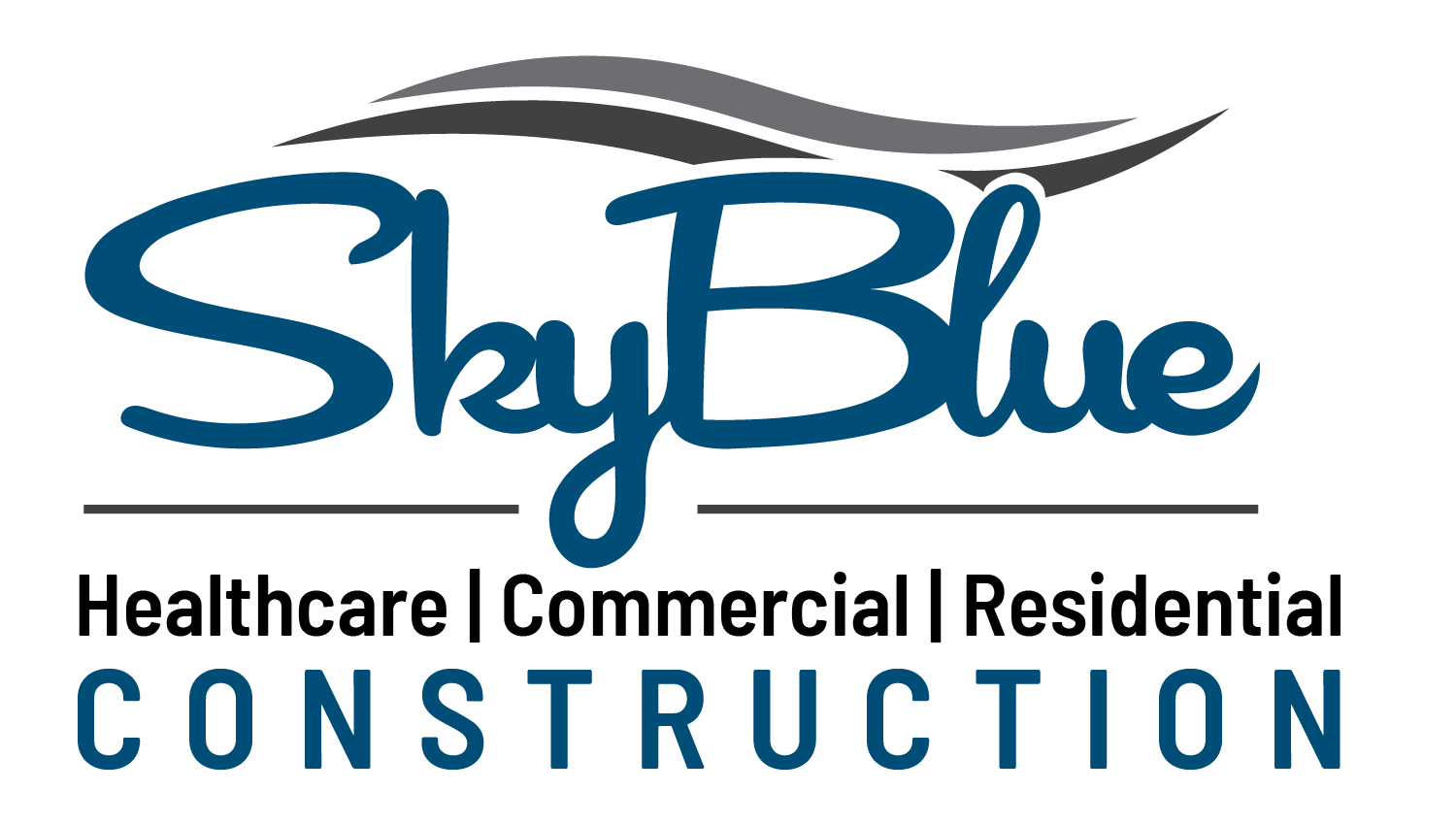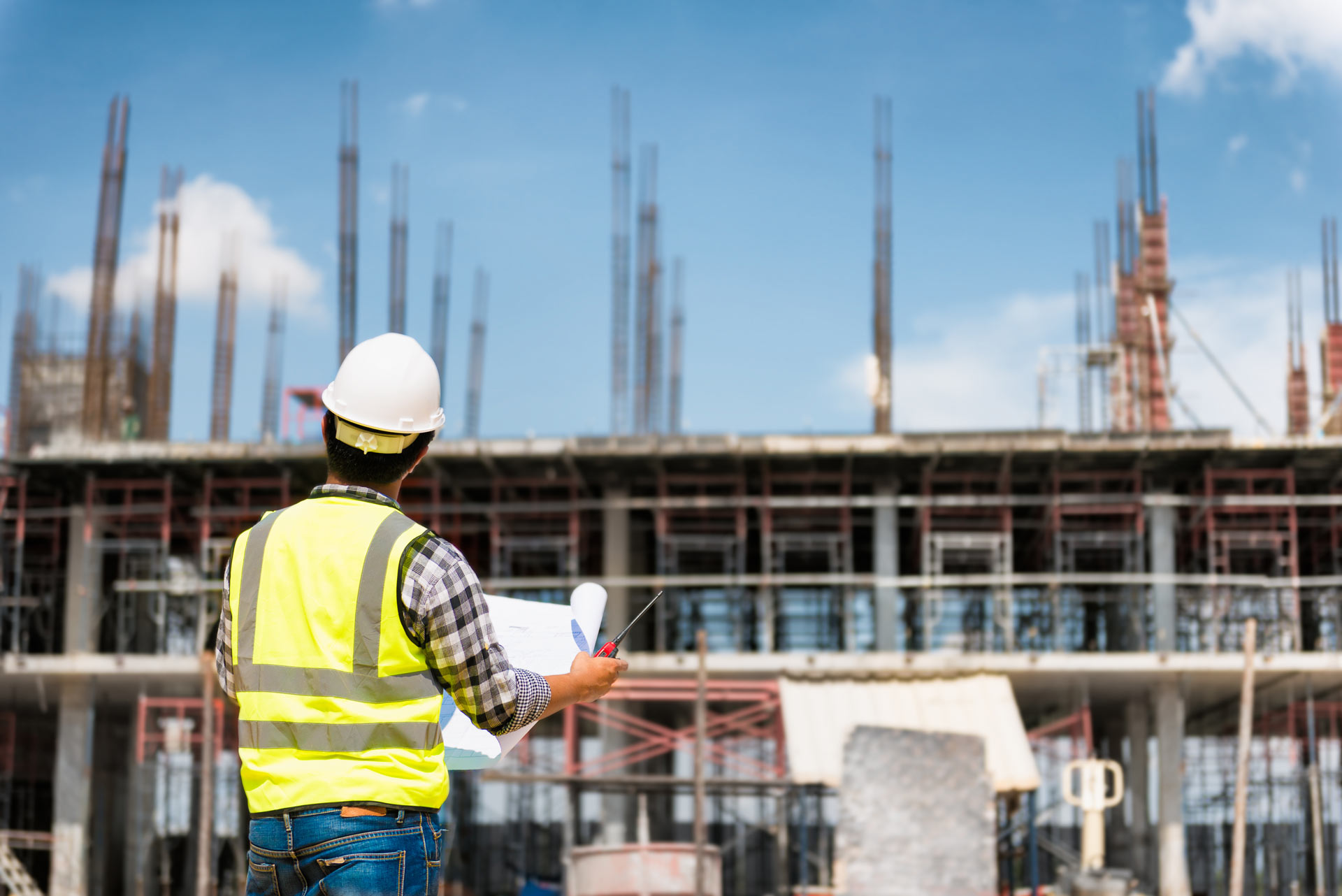Commercial construction projects in Calgary are undeniably essential for the city’s growth and development. These projects, which range from office buildings to retail areas, play a crucial role in shaping the commercial landscape and significantly boosting economic progress. Therefore, this comprehensive guide delves into the critical aspects of commercial construction in Calgary, including planning, execution, and current trends.
What is Commercial Construction in Calgary?
Commercial construction encompasses a variety of building projects designed specifically for business purposes. These projects might include office spaces, shopping centers, hotels, and industrial facilities. Each type of project necessitates a distinct approach, taking into account factors such as design, functionality, and regulatory requirements. The primary objective of commercial construction is to create practical spaces that serve businesses and contribute positively to the city’s economic strength.
Planning and Design Stage
The planning and design phase is absolutely crucial in commercial construction. During this stage, stakeholders work together to establish the project’s goals, budget, and timeline. Architects and designers collaborate with clients to develop plans that meet both desired functionality and aesthetics.
Initial Consultation
The process begins with an initial consultation. Here, clients articulate their vision and needs to architects and construction managers. This initial meeting sets the foundation for the project’s goals and scope. Transparent communication is essential to ensure that all parties have a shared understanding of the project’s objectives.
Site Analysis
Following the consultation, a thorough site analysis is conducted. This analysis evaluates the suitability of the location by considering factors such as accessibility, environmental impact, and zoning regulations. In Calgary, site conditions can vary significantly, making this step vital for identifying potential challenges and opportunities.
Design Development
Once the site is deemed appropriate, the design development phase starts. Architects then create detailed plans and specifications, including layouts, materials, and construction systems. The design must comply with Calgary’s local building codes and regulations to ensure safety and functionality for everyone involved.
Budgeting and Financing
Budgeting is a key component of commercial construction. Clients must develop a clear budget that encompasses all aspects of the project, including construction, permits, and unexpected costs. Financing options may include loans, grants, or investor contributions. A well-prepared budget helps avoid cost overruns and ensures that the project remains on track.
Permits and Approvals
Before construction begins, it is essential to obtain the necessary permits and approvals. In Calgary, the permitting process involves several steps:
Building Permits
Building permits are required for most commercial construction projects. These permits ensure that the construction adheres to local codes and standards. The application process includes submitting detailed plans and paying the relevant fees. Once approved, the permit allows construction to proceed legally.
Zoning Approvals
Zoning approvals determine whether the planned construction complies with local land use regulations. In Calgary, zoning laws govern aspects such as building height, density, and land use. Obtaining zoning approval is crucial to avoid legal issues and ensure that the project is compatible with its surroundings.
Environmental Considerations
Environmental considerations play an important role in commercial construction. Projects must address issues such as waste management, energy efficiency, and sustainability. However, the incorporation of green building practices can enhance the project’s value and contribute to environmental conservation.
Construction Process
With permits and approvals in place, the construction stage commences. This stage includes several key steps:
Site Preparation
Site preparation involves clearing the land, leveling it, and setting up utilities. In Calgary, this may also include excavation and grading to ensure a stable foundation. Proper site preparation is crucial for the project’s success, as it sets the stage for all future construction activities.
Foundation Work
The foundation is a critical component of any commercial building. It supports the entire structure and must be designed to handle various loads and environmental conditions. However, in Calgary, foundation work may involve pouring concrete or installing piles, depending on the site’s requirements.
Structural Framing
Once the foundation is complete, structural framing begins. This phase involves erecting the building’s framework, including walls, floors, and roofs. Structural framing provides the building’s skeleton and supports all other components. In commercial construction in Calgary, this step must adhere to strict safety and quality standards.
Interior and Exterior Work
After the framing is completed, interior and exterior work begins. This phase includes installing walls, windows, doors, and roofing. Interior work involves finishes such as drywall, painting, and flooring. Exterior work focuses on elements like siding, landscaping, and signage. Every detail contributes to the building’s overall functionality and appearance.
Inspections and Quality Assurance
Throughout the construction process, regular inspections ensure that the work meets safety and quality standards. In Calgary, inspections are carried out by municipal authorities or independent inspectors. In addition, quality assurance measures help identify and resolve any issues promptly, ensuring high construction standards.
Unfolding Trends in Commercial Construction
The commercial construction industry in Calgary is continuously evolving, with several trends shaping the future of projects:
Sustainable Building Practices
Sustainability is a major focus in commercial construction. Builders are increasingly adopting green building practices to minimize environmental impact and enhance energy efficiency. This includes using eco-friendly materials, implementing energy-efficient systems, and pursuing certifications such as LEED (Leadership in Energy and Environmental Design).
Smart Building Technology
Smart building technology is transforming commercial spaces in Calgary. Integrating advanced systems, such as automated lighting, climate control, and security, enhances building functionality and occupant comfort. Smart technology also contributes to energy savings and operational efficiency.
Flexible Workspaces
The demand for flexible workspaces is growing in Calgary. Businesses seek adaptable office environments that can accommodate changing needs and work styles. However, this trend includes open floor plans, collaborative areas, and multifunctional spaces that support various activities.
Modular Construction
Modular construction is gaining popularity in Calgary. This approach involves prefabricating building components off-site and assembling them on-site. Modular construction offers benefits such as reduced construction time, cost savings, and improved quality control.
Conclusion
In conclusion, commercial construction in Calgary plays a vital role in shaping the city’s business environment and driving economic growth. From the initial planning and design to the final construction phase, each step is crucial for delivering high-quality, functional commercial spaces. Hence, by understanding the process, staying informed about current trends, and collaborating with experienced professionals, stakeholders can ensure successful outcomes for their commercial construction projects. So, transform your vision into reality, and contact us today to start your commercial construction project in Calgary!


